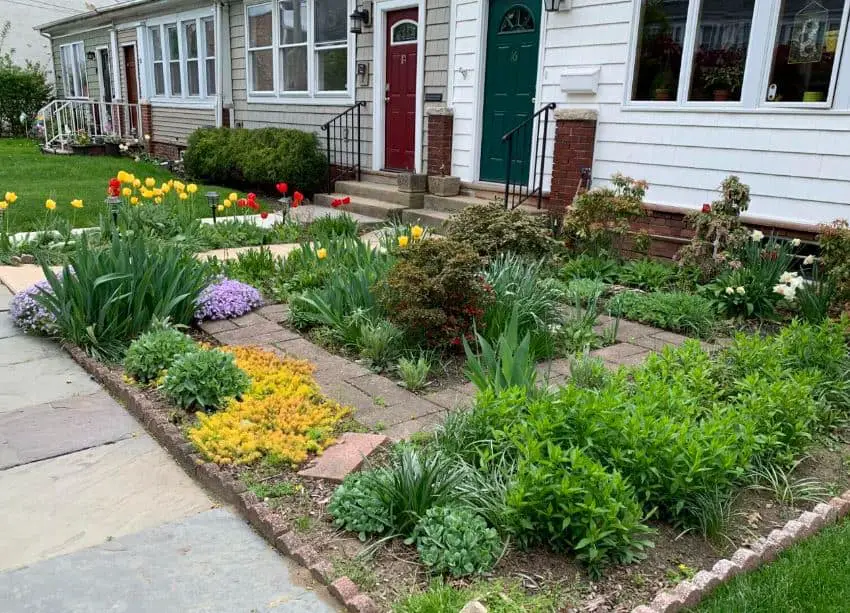What is ecologically friendly landscaping? It is often called “green scaping,” a strategy to save the environment while enhancing your property’s health and aesthetics. Relax if it seems a little intimidating. You most likely already use some green-scaping techniques.

Embracing Eco-Friendly Landscaping for the Earth and Yourself
What are the environmental advantages of green landscaping, you may be asking. The large list may be summarised as follows:
- Preservation of native species
- Less waste in landfills
- Cleaner water
- Less pollution
- Improved pollination
Using green-scaping techniques may help the environment as a home gardener. Furthermore, keep in mind that this is not an all-or-nothing commitment. Every action you take to save the environment is a positive step. Also, green scaping makes managing your home simpler and less costly.
Methods for Creating and Keeping Green Landscapes
- Try introducing more native plants — Native species are better suited to your backyard’s environment than plants from other areas. Native plants not only need less upkeep, but they also improve the ecology. This gives local species of beneficial insects, songbirds, and small animals food and shelter.
- Plant intelligently — If you can not resist the need to display non-native ornamentals, choose a spot in the garden that best suits the plant’s needs for growth. A plant will need less additional water to live, for example, if it is planted in a damp section of the yard rather than a dry one.
- Water when necessary — Many plants need extra water during dry seasons to maintain health. Moreover, plants need more water while establishing themselves following transplanting or germination. Only water plants when they need it to preserve this natural resource.
- Use your water wisely — When it comes time to water, think about soaking the soil around the plant’s base using a watering can or hose. Although plants may absorb water via their leaves, the roots of the plant are a far more effective way for the plant to do so. Do not forget to water often but thoroughly.
- Collect rainwater — Thousands of gallons of rainfall strike your roof yearly, but they end up in storm drains. Why not utilize this water to irrigate the garden instead? Homeowners may reroute the gutters on their property to divert the water into a storage tank or rain barrel.
- Green cycle your grass clippings — Homeowners can leave them on the lawn by cutting them at the right height. This replenishes the lawn’s nutrients and lowers the need for fertilizer. Further to saving time, this technique saves fuel use and air pollution.
- Recycle lawn trash — If you must gather grass clippings, use them as mulch for your vegetable garden or as compost. Leaves from the previous season may be composted or utilized as mulch around trees and plants. Create eco-friendly landscaping by shredding or chipping tree branches cut for mulch or weaving them into a trellis and fence to surround your flower beds.
- Create a compost bin — Composting may be used for things other than grass, leaves, and animal dung. A few examples of home objects that may be composted are dirty hamster bedding, coffee grounds, lint, and vegetable scraps from the kitchen. It prevents waste materials from ending in landfills and gives indoor and outdoor plants vital nutrients.
- Use organic fertilizers — Instead of buying synthetic fertilizers to augment your plants’ nutritional requirements, consider amending the soil using compost or farm animal manure. By-products readily accessible commercially, such as bone meal or blood meal, as well as substances like fish emulsion, worm castings, or guano, are more ecologically acceptable alternatives.
- Choose resistant cultivars — Instead of putting up with pests and illnesses all the time, pick cultivars of your favorite vegetables and flowers that have been developed to be disease- or pest-resistant. By doing this, you may achieve better, more ecologically friendly landscaping while saving time and money.

